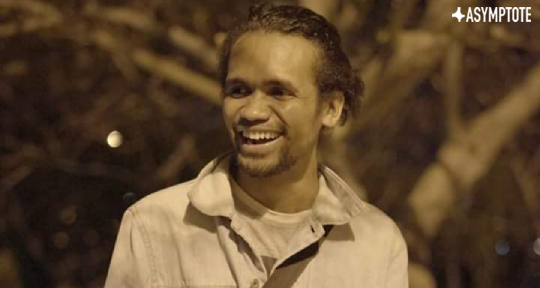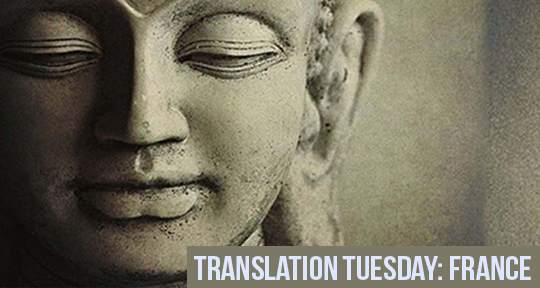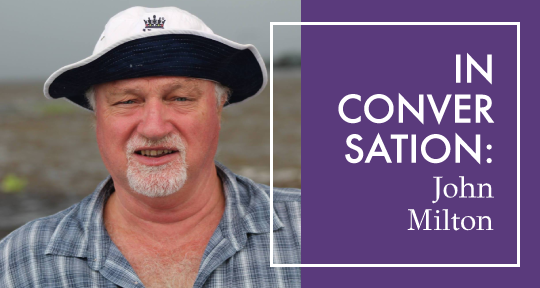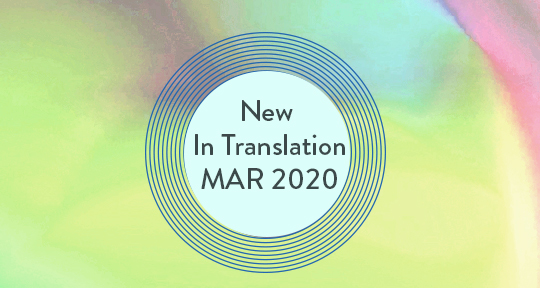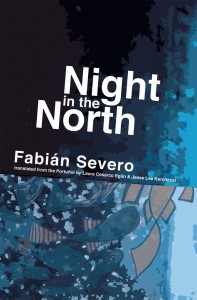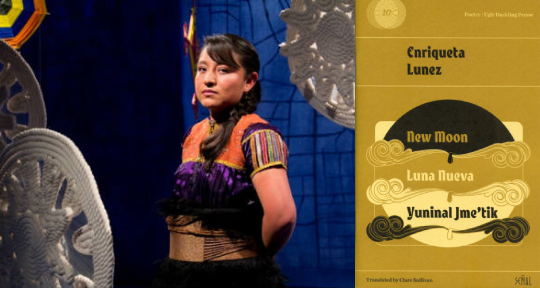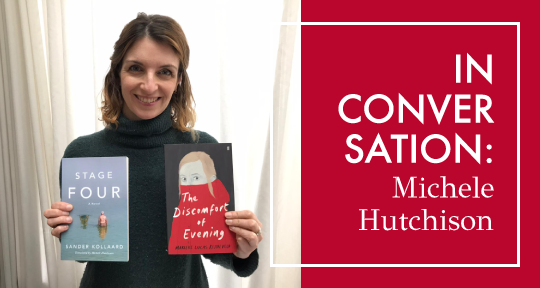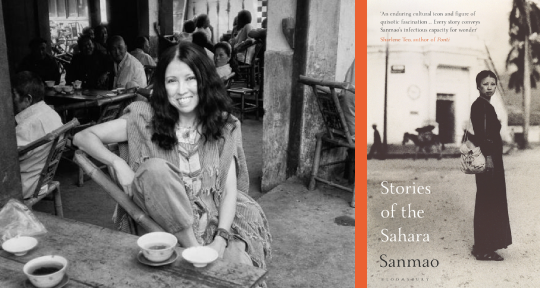Two years ago, in 2018, a book by a little-known author won the Jakarta Arts Council annual award for best novel and became one of the most widely discussed texts in contemporary Indonesian literary circles.
Orang-orang Oetimu (People of Oetimu) by Felix K. Nesi is a portrait of a small fictional town on the island of Timor in eastern Indonesia. The book clearly stands out for its satirical wit, cyclical structure, and cohesive navigation of myriad perspectives. However, also remarkable is the way in which Nesi – himself originally from Timor—depicts the province of East Nusa Tenggara, a peripheral region that is seldom represented in Indonesian literature. His is a humorous yet fully heartfelt depiction of life in the context of pervasive violence in Timor. From 1974 to 1998, the Revolutionary Front for an Independent East Timor (Fretilin) led a fight for East Timorese independence, and the Indonesian state in Jakarta attempted to crush the separatist movement at all costs, committing gross violations of human rights against members of the revolutionary movement and civilians alike. In representing the reality of Timor, Nesi also exposes political and social ills from across the Indonesian archipelago.
Today, Nesi continues to command attention in Indonesia as one of the country’s emerging literary voices. In the first weeks of 2020, the author spoke on his process for writing Orang-orang Oetimu in Yogyakarta, a university city on the island of Java. He began by expressing the motivations behind writing one of his characters: Laura, a young woman who, in the novel, is kidnapped, separated from her parents, detained without trial, tortured and abused, before finally escaping into the forest and stumbling upon a small kampung. From Nesi’s powerful, personal anecdote on Laura’s character arose a reflection on the main concerns embedded in his novel: trauma, both personal and collective; politics of identity and representation within Indonesia; and the simultaneous power and futility of storytelling. The following translation of the essay he read aloud acts both as an important exploration of those themes and as an introduction to the work of this compelling new voice in Indonesian literature. READ MORE…

